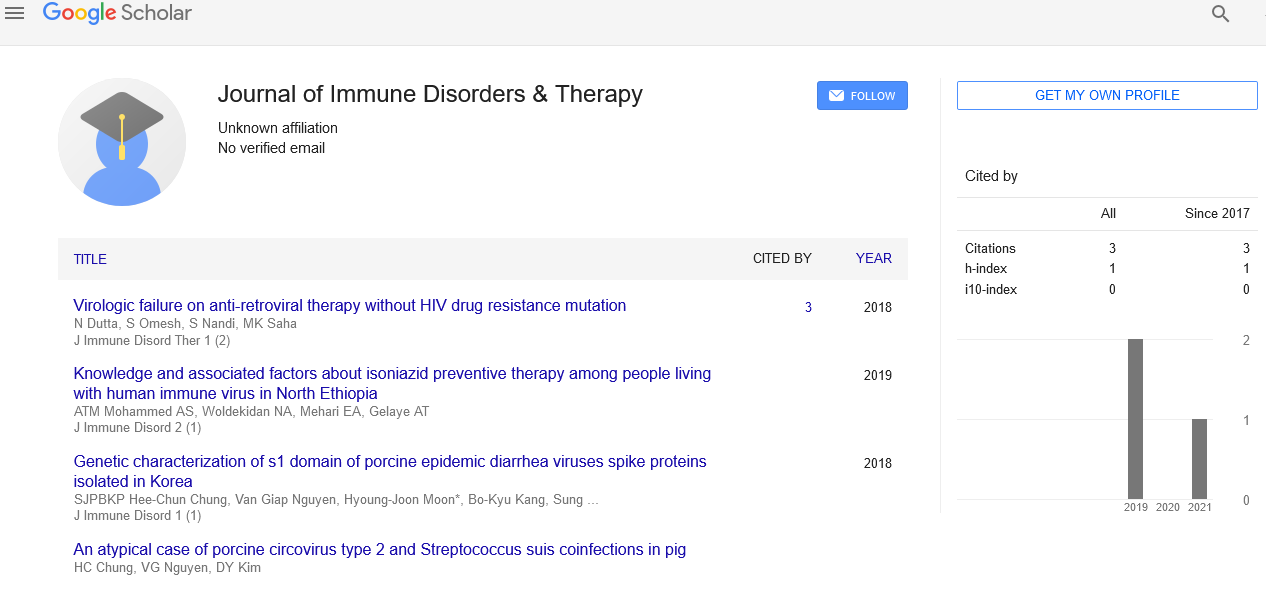
Sign up for email alert when new content gets added: Sign up
Abstract
Retrospective evaluation of efficacy in cytokine storm management among critically ill COVID-19 patients
Author(s): Abdulkadir Yektas*Objective: The objective of the present study was to assess the impact of tocilizumab, intravenous immunoglobulin and methylprednisolone on the clinical and laboratory parameters of critically ill COVID-19 patients hospitalized in the intensive care unit. Additionally, the study also aimed to determine whether there were any differences among these drugs concerning these parameters, as well as the number of non-survivors following anticytokine therapy.
Material and methods: A total of 227 critically ill COVID-19 patients, who were hospitalized in the intensive care unit and clinically presented with a cytokine storm, were retrospectively divided into three groups. Group 1 (n=87) received tocilizumab, group 2 (n=70) received intravenous immunoglobulin and group 3 (n=70) received methylprednisolone as ant cytokine therapy. Clinical and laboratory parameters of the patients were compared before and after receiving ant cytokine therapy. Clinical and laboratory parameters, as well as the number of non-survivors, were compared between the three groups after receiving ant cytokine therapy.
Results: When comparing the groups, a statistically significant difference was observed in the number of non-survivors, with group 2 having a significantly higher number of non-survivors compared to the other groups 63 (50.9%) (p<0.001). There was no statistically significant difference between group 1 and group 3 in terms of the number of non-survivors. In group 1, there was a decrease in the need for both noninvasive and invasive mechanical ventilation following ant cytokine therapy. However, it was observed that the need for oxygen supplementation via a face mask or a reservoir mask increased in this group. In group 3, after receiving ant cytokine therapy, there was an increase in the number of patients who were breathing with nasal cannula and those who were on room air. In group 2, there was an increase in the number of patients who required noninvasive and invasive mechanical ventilation. In all three groups, the levels of Creactive protein decreased after the therapy. However, it should be noted that ant cytokine therapies do not prevent lung injury and result in patients surviving with severe Acute Respiratory Distress Syndrome (ARDS) for at least up to day 7 following anticytokine therapies. In group 1, there was no statistically significant difference between the Sequential Organ Failure Assessment (SOFA) scores before and after receiving anticytokine therapy. However, in groups 2 and 3, there was a significant increase in SOFA scores after therapy.
Conclusion: Due to the significant increase in SOFA scores after anticytokine therapy in groups 2 and 3, it was considered that organ failure further worsened and sepsis deepened in these two groups. However, the number of non-survivors was similar between group 1 and group 3. The number of non-survivors was significantly higher in group 2 than in groups 1 and 3. The authors of this manuscript believe that the anticytokine efficacy of intravenous immunoglobulin for treating cytokine storm in critically ill COVID-19 patients aged 65-95 years is inadequate. Furthermore, they suggest that the use of intravenous immunoglobulin may contribute to an increased number of non-survivors. Likewise, no improvement was observed in ARDS up to day 7 following anticytokine therapy when utilizing these three agents.




